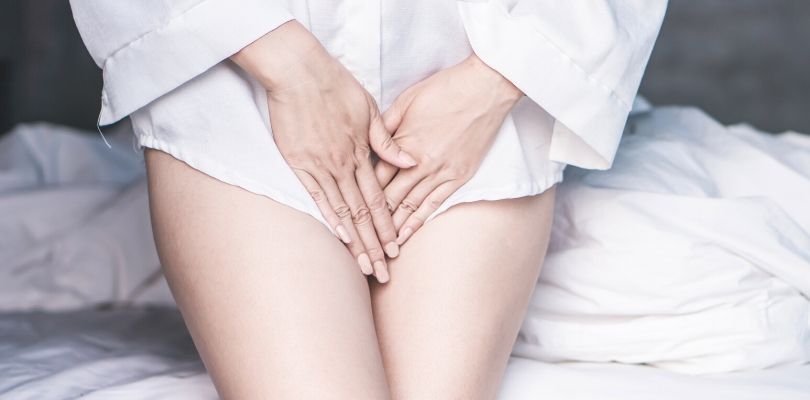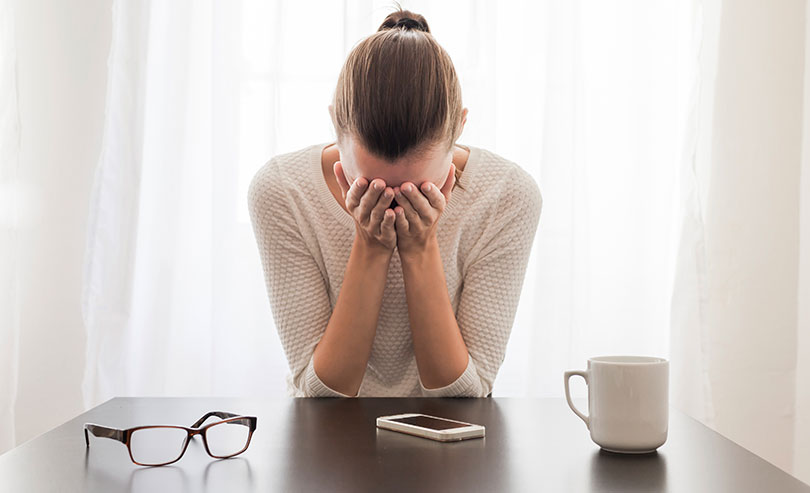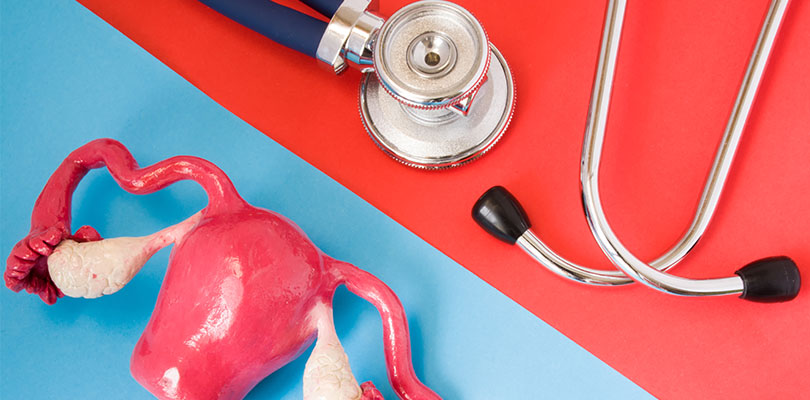When Does Menopause Start?
Menopause occurs when your ovaries stop producing estrogen, the hormone that controls the reproductive cycle. This typically happens between ages 45 and 55, with the average age of 51.
Menopause occurs over time as the ovaries gradually shut down. This time is called perimenopause (“around menopause”) and is a natural transition to menopause, ending the reproductive years.
Women start perimenopause at different ages. You may notice signs of menopause, such as menstrual irregularity, sometime in your 40s. But some women notice changes as early as their mid-30s.
The level of estrogen in your body rises and falls unevenly during perimenopause. Your menstrual cycles may lengthen or shorten. You may begin having menstrual cycles in which your ovaries don't release an egg (ovulate). When you have not had a period for over 12 months, you are in menopause.
Understanding What Early Menopause Is
Anything that damages your ovaries or stops estrogen production can cause early menopause. This includes chemotherapy for cancer or oophorectomy (removal of the ovaries).
In these cases, your doctor will help prepare you for early menopause. But you can also go into menopause early even if your ovaries are still intact.
Menopause is more likely to occur at a slightly earlier age if:
- You smoke, have never been pregnant, or live at a high altitude.
- Your ovaries are removed in surgery; this can cause a sudden and severe onset of menopausal symptoms.
- Your mother had early menopause, as age at menopause is believed to be inherited.
Lifestyle can also affect when you begin menopause. Women who are very thin have less estrogen stored in body fat, so they typically enter menopause earlier.
Other factors of early menopause: vegetarian diet, lack of exercise, and lack of sun exposure throughout your life.
What Are the Symptoms of Menopause?
As menopause begins, changes take place in the body. They include:
- Irregular periods. Your period is less predictable because ovulation is less predictable. You may skip periods at times.
- Decreasing fertility. With irregular ovulation, the likelihood of pregnancy decreases. However, you can still get pregnant if you still have periods. Continue using birth control until you've gone 12 months without a period.
- Hot flashes. While hot flashes are common, the pattern varies. You may have longer, more intense flashes along with milder ones.
- Sleep problems are often due to night sweats and hot flashes.
- Hormonal changes may cause mood swings, irritability, or depression.
- Vaginal and bladder problems. Low estrogen can reduce lubrication in vaginal tissues, making intercourse painful. This is known as vaginal atrophy. You may be more prone to vaginal or urinary infections, as well as incontinence.
- Sexual desire may wane. As estrogen decreases, some women feel less sexual arousal and desire. However, women may continue having satisfying intimacy throughout their lives.
- Loss of bone. You may lose bone strength more rapidly as estrogen levels decline. This increases the risk of osteoporosis, the disease that causes thin bones.
- Changing cholesterol levels. An increase in “bad” low-density lipoprotein (LDL) cholesterol - which contributes to heart disease - is a risk as estrogen levels decline. The “good” high-density lipoprotein (HDL) cholesterol may also decrease with age. These changes increase the risk of heart disease.
- Weight gain. Most women gain about five pounds in the early years of menopause due to hormonal changes and aging.
Menopause and pelvic floor dysfunction are often related and it is important to know the symptoms of each. Learn more here.
Tests You Should Have at Menopause
Bone testing for osteoporosis: The standard test for measuring bone loss is the DEXA (dual-energy X-ray absorptiometry) scan. This test calculates bone mineral density and compares it to the average value for healthy young women.
Osteopenia is a mild bone loss condition while Osteoporosis is a more serious bone loss. Your doctor may prescribe medication to rebuild bone mineral density.
Heart risk testing: As women are at greater risk of heart disease after menopause, cholesterol levels should be measured with a simple blood test. Your doctor can advise you on ways decrease their risk of heart disease. Exercise and diet can be very effective in reducing heart disease risk.
Treatments for Menopausal Symptoms
If hot flashes and other menopausal symptoms make life miserable, your doctor can prescribe medications to control those symptoms. You can take prescription medications to control high cholesterol and bone loss.
Lifestyle changes can help to relieve menopausal symptoms. To help reduce hot flashes, you may benefit from:
- Nonprescription treatments
- Regular aerobic exercise
- Avoiding spicy foods, caffeine, and alcohol, which can trigger hot flashes
To reduce heart disease risk, eat a low-fat, low-cholesterol diet and get regular aerobic exercise.
In order to prevent weight gain, regular aerobic exercise is helpful.
To improve bone strength, get plenty of calcium in your diet. Engage in aerobic exercise.
In fact, aerobic exercise – walking, tennis, biking or gardening – helps with all aspects of menopause. Also, engage in strengthening exercise that involves lifting weights as it helps improve bone strength.
Medications for Menopausal Conditions
- Vaginal estrogen. This relieves vaginal dryness and is available in several forms including cream. The estrogen is absorbed in the vaginal tissue and can help with discomfort during intercourse.
- Hormone therapy. Low-dose estrogen therapy is prescribed for some women to provide relief from hot flashes and night sweats, and to help prevent bone loss. Talk to your doctor about the heart disease risks of estrogen therapy.
- Antidepressants. A type of antidepressant called selective serotonin reuptake inhibitors (SSRIs) can reduce hot flashes.
- Anti-Seizure Medication. Some seizure prevention medications also reduce hot flashes. Women who have migraines can benefit from this treatment.
Your doctor will talk to you about your options and the risks and benefits of each. It’s your decision how you want to handle your menopausal symptoms. Over time, your needs may change.







